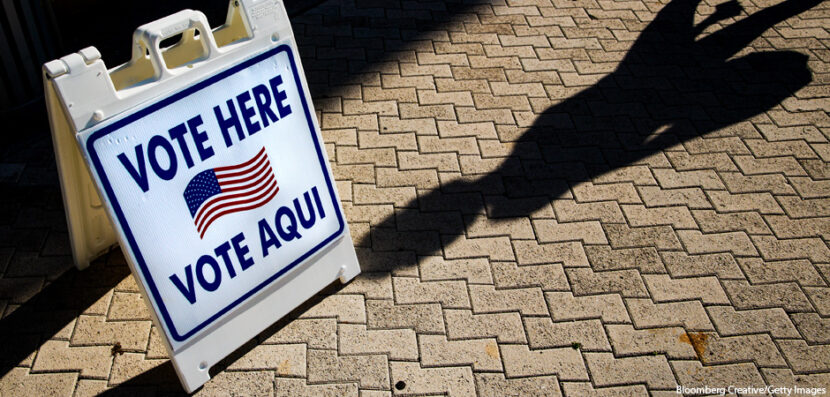
North Carolina Revises Voting Laws for Felons
If someone has been convicted of a felony, do you think that he or she should still have the right to vote? States vary widely when it comes to restoring voting rights to convicted felons. A case in North Carolina may make it possible for about 56,000 convicted felons, who have completed their prison time or whose sentences don’t include prison time, to vote. In November 2018, Florida citizens voted on a similar issue. Here, Election Central takes another look at this controversial issue.
What’s Happening?
According to current North Carolina law, felons can register to vote, but only after they have completed their entire sentence, which includes parole or any probation time. The North Carolina Constitution states that felons can only vote when they have been “restored to the rights of citizenship in the manner prescribed by law.” This means that it can sometimes take years after being released from prison for their voting rights to be restored. But last week, two out of three judges on a judicial panel announced their decision to allow more felony offenders to register to vote. The announcement was given in advance of a formal written order because elections are approaching in October 2021. The new order automatically grants felons their voting rights back after leaving prison, even if they are on probation, parole, or post-release supervision.
This is not the first time that voting rights for felons has been expanded in the state. Last year, more of these individuals were registered to vote because of the same three-judge panel. The judges voted down an old law that said that felons had to pay all of their court fees before registering. That was found to be unconstitutional, because it made voting dependent on having enough money to pay the fees.
The Case For and Against
According to civil rights groups, denying former felons the right to vote is unconstitutional. These restrictions also disproportionately affect people of color. In fact, more than 42 percent of those convicted of a felony crime who can’t currently vote are African Americans. Laws preventing felons from voting have roots in the Reconstruction era as a way to disenfranchise African American voters. Removing these laws, and allowing former felons to vote, would be the largest expansion of voting rights in North Carolina since the 1960s.
Those who are opposed to changing the law argue that it is not discriminatory. They say that they law is applied equally to all felony offenders. They also say that the judges on the panel are overstepping their bounds, and that only legislators should be allowed to make those decisions.


